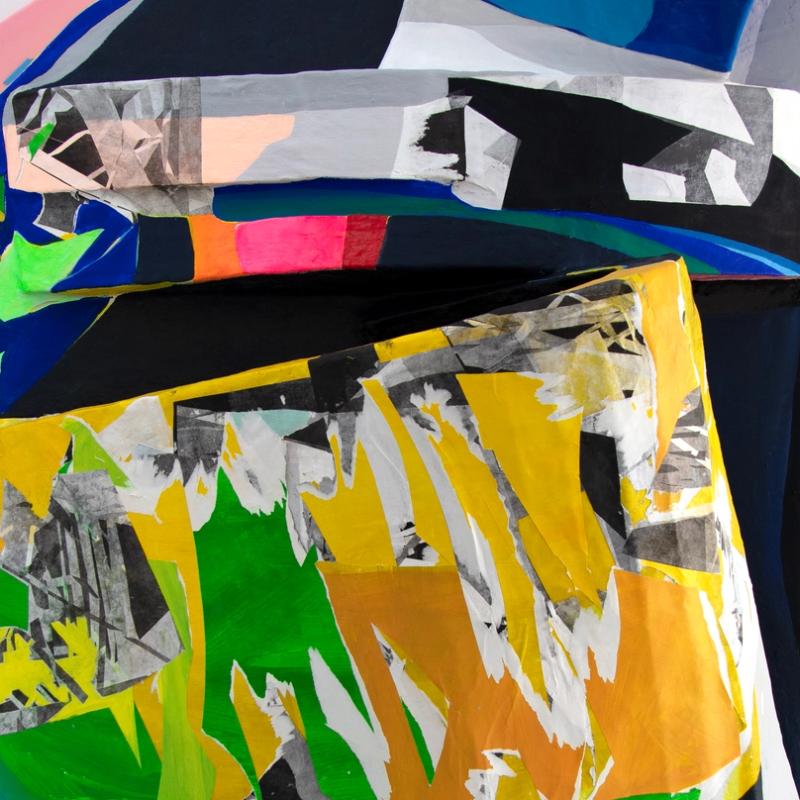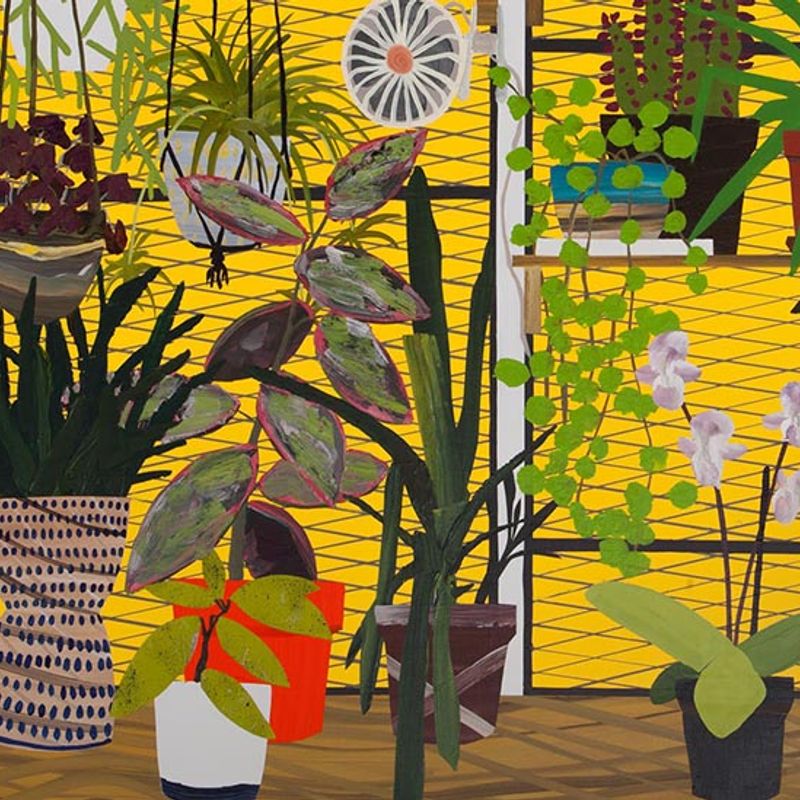A Song or a Warning: Shenandoah’s Comic Artists Contemplate Survival
by Rachelle CruzA few days after Thanksgiving, my cousin alerted me that he had tested positive for COVID-19. We had an outdoor lunch before the holiday in Los Angeles as public health officials nationwide rang the alarms of potential super-spreader family gatherings. I decided to quarantine for the two weeks away from my husband in my brother-in-law’s apartment, conveniently vacant for the holidays. I remember thinking, I have shit to do. (A thought that pervades and embattles my mental and physical well-being. The addicting churn of hyper-productivity.) Things to grade. A few manuscripts to finish. A comics section to curate for Shenandoah. Things “to do” was how I coped, how I survived even the most commonplace lowercase “t” traumas of living through a pandemic, through ongoing racial injustice and revolution, through anti-trans and LGBTQ bills passed across the country, through collective and individual losses.
In the summer of 2020, I was graciously invited by Beth Staples, editor-in-chief, to edit the comics section of the spring 2021 issue. “You can even come up with a theme, if you’d like,” Beth said. I’m privileged in so many ways (my ability to work from home is one of them), but the question, how am I—how are we—going to survive this, is one I wanted to ask cartoonists. Survival, or surviving, can be a space for holding our tears, our multiple embodied selves (younger and present) and our expectations of them (Breena Nuñez). Or survival as a complicated tangle of alligator guts, of what persists through paper-woven, collaged digestion (Mita Mahato). Or survival as a bounding through our inner and outer landscapes to seek the intimacy of ourselves and others where there is “the rim light of your emerging joys” and “so much good” that emerges from this communion (Trinidad Escobar). I write this nearly six months later, one of the few pieces I’ve written during the pandemic. It’s springtime, late May, and all of the talk is about reopening, and the more than six hundred thousand dead in the United States as a result of COVID-19, and vaccine efficacy. I write this as a hummingbird stands sentinel on an overgrown jade plant in my apartment patio. The bird doesn’t mind my tabby cat who peers at her from below the patio table, nor does she physically guard the sugar water in the feeders from other birds. She does chide them when they fly too closely to her. She chirps a song or a warning; I can’t tell. And perhaps survival is like that, the stories and songs we can’t bear to keep to ourselves, especially when others get too close.

